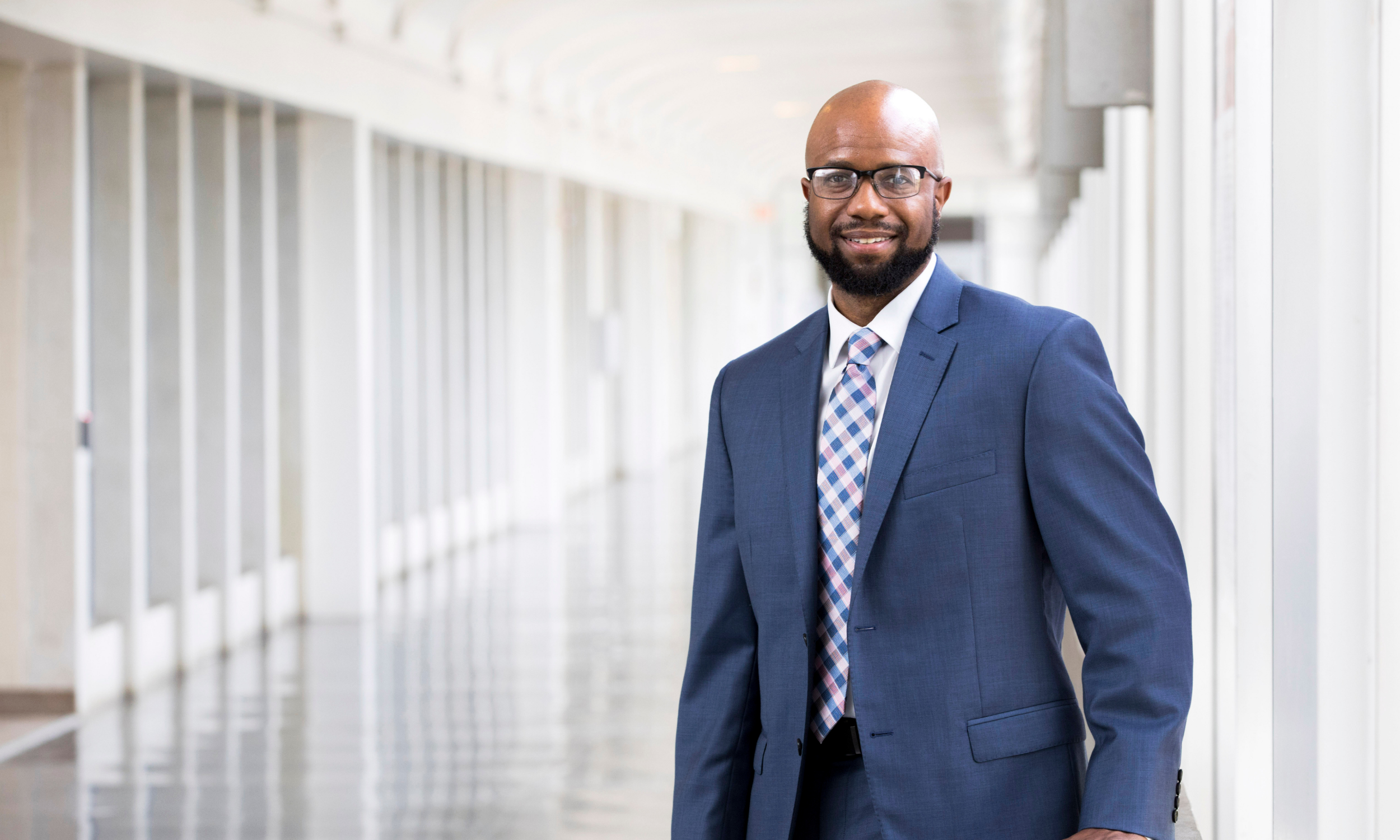As the COVID-19 pandemic has graphically illustrated, vast disparities still permeate the United States healthcare system. Though the level of discovery, invention and innovation in our medical system has arguably never been better, the same can’t be said for translating those advances into access and interventions for the vulnerable and underserved communities.
People classified as vulnerable or underserved typically receive fewer services, because they are faced with a host of economic, cultural, or physical barriers that hinder their access to health care. These categories can include people from racial and ethnic minorities, those from rural areas, and people with low incomes, as well as young children and people who are elderly. Dr. Henry Young, Department Head of Clinical and Administrative Pharmacy and Kroger Associate Professor, has made it his life’s work to identify and help people overcome those barriers so everyone, regardless of their circumstances, can benefit from the country’s immense medical resources.
As the co-director of the Integrating Special Populations program at the Georgia Clinical and Translational Sciences Alliance (Georgia CTSA), and director of the Pharmaceutical Health, Services, Outcomes and Policy program at the College, Dr. Young explained: ““I’m passionate and interested in not only how we identify these health disparities, but what can we do to address them and make health equity a reality?”
Not only do these disparities exist in the delivery of health care but also in emerging research. Medicine isn’t a one-size-fits-all field; an intervention that works for one group of people may not work for all. Yet, clinical trials often are conducted with a narrow population that often differs biologically or in a lifestyle from people who need the intervention.
Last year, Dr. Young and colleagues penned a piece in the New England Journal of Medicine about the lack of diversity in COVID trials. It’s a problem with real-world ramifications, considering that Black, Latinx and Native Americans are dying from COVID-19 at a higher rate. Among the possible factors cited was lack of diversity among principal investigators, along with hidden costs, such as parking, meals, and lodging.
His colleagues on the NEJM article were Dr. Daniel Chastain, Clinical Associate Professor in Albany, the lead author; Dr. Sharmon Osae, Clinical Assistant Professor in Albany; and Dr. Joeanna Chastain ‘16.
“Some factors are historical,” said Dr. Young. “Although it ended nearly 50 years ago, the infamous Tuskegee Syphilis Study, an experiment on Black men in which the U.S. Public Health Service scientists lied to subjects, withholding knowledge and treatment of the disease, has had enduring effects. That’s long lasting, this inherent mistrust of the medical system,” said Dr. Young.
Other factors are pragmatic. “Folks of lower socioeconomic status might have jobs that don’t allow them to take time off to participate in some of these trials,” added Dr. Young. “Gaining people’s trust while making it easier for them to engage in clinical trials is essential to the nation’s health. It’s a complex problem, to be sure, but it’s an essential one for the country to solve.”
To read this story in its entirety, see here.
This story was written by David Terraso, Office of the Vice President of Research at UGA.
